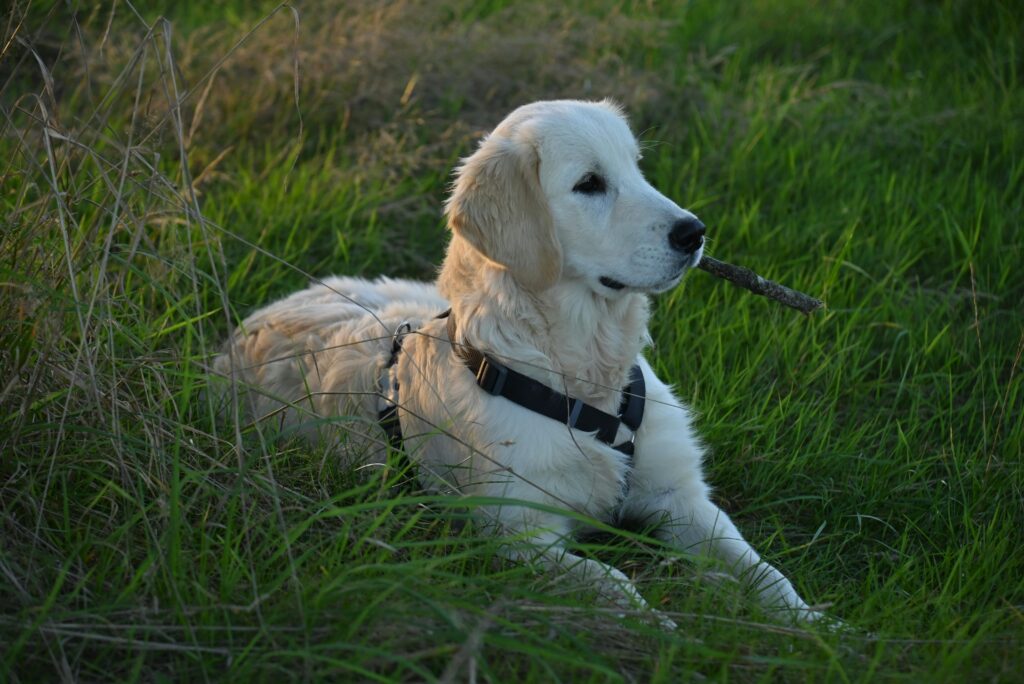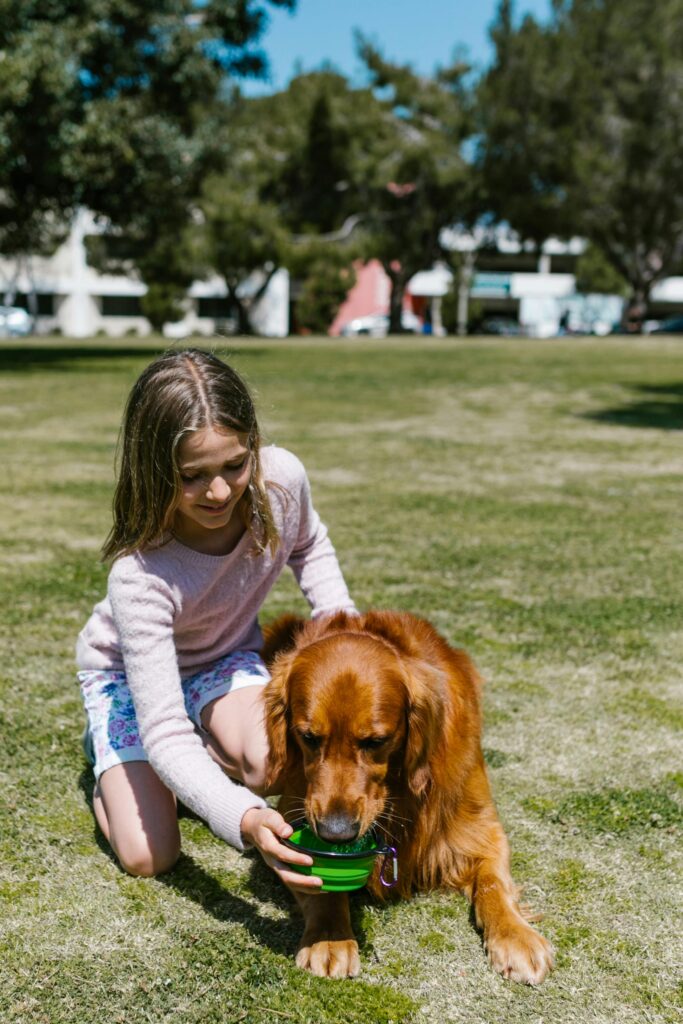Caring for your dog isn’t just about feeding and walking them—it’s about providing year-round attention to their health, happiness, and well-being. Each season brings its own challenges and opportunities for dog owners to ensure their furry friends are thriving. Here’s how you can keep your dog happy and healthy all year long.
Prioritize Regular Vet Visits

Year-round care starts with regular vet visits. Your dog’s health can change with the seasons, and consistent check-ups help spot any issues early. Depending on where you live, your dog might need additional protection from seasonal risks, like heartworm or ticks in the summer. Establish a routine of wellness visits with your vet to stay ahead of any potential health problems. Vaccinations, dental check-ups, and parasite prevention are all things to monitor as part of their ongoing care.
Adjust Food and Nutrition With the Seasons
Your dog’s activity level might fluctuate throughout the year, especially if they love the outdoors. In the winter, they may be less active, meaning they might not need as many calories. Meanwhile, summer hikes and runs can ramp up their exercise, which means they’ll need more fuel. Make sure to adjust their diet accordingly to match their energy expenditure. Always ensure your dog has access to fresh water, especially in the warmer months when dehydration can be a concern. And if your dog has any dietary sensitivities, consult with your vet to tailor their food intake to match the time of year.
Keep Up With Grooming
While grooming may seem more like a luxury than a necessity, it plays a crucial role in year-round dog care. In winter, your dog’s coat might become matted from wet snow or rain, so regular brushing helps keep their fur clean and dry. In summer, grooming prevents overheating by removing excess fur and ensuring proper airflow to their skin. Trim their nails regularly, too—long nails can cause discomfort or injury, especially on hard winter ice or hot summer pavement. Brushing their teeth is also key to maintaining their overall health and avoiding dental issues that can lead to bigger health problems down the road.
Protect Them From Seasonal Elements

Each season brings different elements that can affect your dog’s well-being. In the winter, dogs with short coats or thinner fur may benefit from wearing a coat during outdoor walks to prevent them from getting too cold. Snow, salt, and ice can also irritate their paw pads, so consider booties or a protective balm to shield their feet. In the summer, heatstroke becomes a concern, especially for brachycephalic (flat-faced) breeds like pugs and bulldogs. Always ensure they have a shady spot and never leave them in a hot car. In both extremes, keeping your dog comfortable is crucial to their health.
Maintain a Consistent Exercise Routine
Dogs need regular exercise, no matter the season. In the warmer months, long walks, hikes, or playtime in the park are excellent ways to burn off energy. But when it’s cold, or too hot to safely go outside, you’ll need to get creative indoors. Consider interactive toys, puzzle feeders, or even some indoor fetch in a safe space. Keeping your dog physically and mentally stimulated year-round prevents boredom, which can lead to destructive behaviors. Plus, regular activity promotes a healthy weight and helps stave off chronic conditions like arthritis.
Watch Out for Allergies
Dogs can experience seasonal allergies, too. In spring and summer, pollen can cause itchy skin, watery eyes, and sneezing. In fall, mold or dust mites may trigger allergies. Keep an eye on your dog for signs of discomfort, and if allergies are an issue, work with your vet to find solutions. Sometimes a simple change in diet, a medicated shampoo, or an antihistamine can make all the difference in managing seasonal allergies.
Hydration Is Key

While hydration is important all year, it becomes especially critical in the summer when dogs are more prone to dehydration. Always have fresh, clean water available, and on particularly hot days, you can even add ice cubes to their bowl to keep the water cool. In winter, while they may not seem as thirsty, dogs still need to stay hydrated to maintain their bodily functions and energy levels. Monitor their water intake regularly to ensure they’re staying healthy.
Tailor Their Care to Their Age
Your dog’s needs will change as they age. Puppies require a different kind of attention compared to senior dogs. Puppies are full of energy and need plenty of stimulation, while older dogs may need more rest and joint support. As they age, their nutritional needs may also shift. Year-round care should adapt to these life stages, ensuring your dog has the right food, exercise, and medical attention suited to their age and condition.


